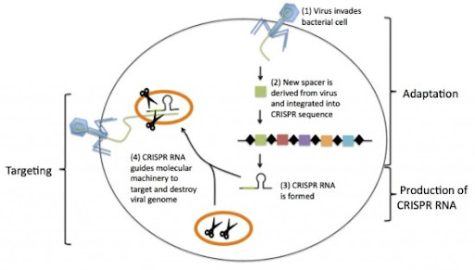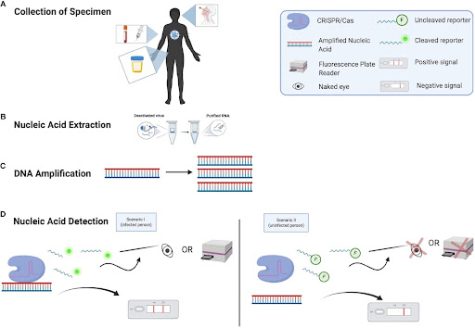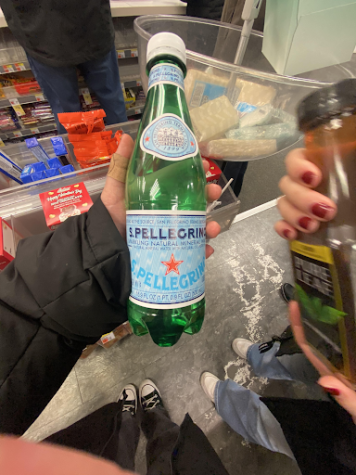Crispr: A World-Changing Technology
Crispr is a gene modification tool that allows for DNA sequences (the code that makes you you) to be edited. Crispr works by cutting a sequence out of the genetic code. Once cut a new sequence can be placed instead, changing the code. This new code is usually from viruses that can convert between RNA and DNA.

When DNA bases-responsible for making DNA code- are changed , the resulting proteins which are coded, differ. DNA can only code for proteins; it’s these coded proteins that create other biomolecules. Just like how DNA codes for lactase enzymes (a protein), when we eat lactose, lactase enzymes break it down into a simpler sugar. This is why people who do not express certain DNA codes are unable to produce lactase, and thus become lactose intolerant, incapable of digesting (breaking down) lactase.
The Crispr tool is capable of changing what traits people express. Think of genetic conditions: someone suffering from a genetic illness could use Crispr to remove this illness from their genes. Crispr could allow for people who have difficult lives to better their quality of life; people who struggle with insecurities can change the direct source of these insecurities.

I personally do not believe it is ethical for someone to change how they look just because they are insecure or have slight dislikes. However, Crispr can be utilized for people with severe dysmorphia who are unable to live the way they see themselves.
The new scientific discoveries being conducted using Crispr may inspire many people to greatly change things about themselves. The tool has already been utilized in human health care, and has the capacity to revolutionize the medical field on a global scale, allowing people to live functional and happy lives.
According to a hematologist, oncologist, and blood transplant physician who has performed procedures using the tool, “[The patient is] doing phenomenally well. He has not had a single crisis.” This means that Crispr is no longer a tool of the future, and will provide millions with care unattainable before its creation.
Works Cited:
Balch, Bridget. “The Future of CRISPR Is Now.” AAMC, 2 Dec. 2021, https://www.aamc.org/news-insights/future-crispr-now.



